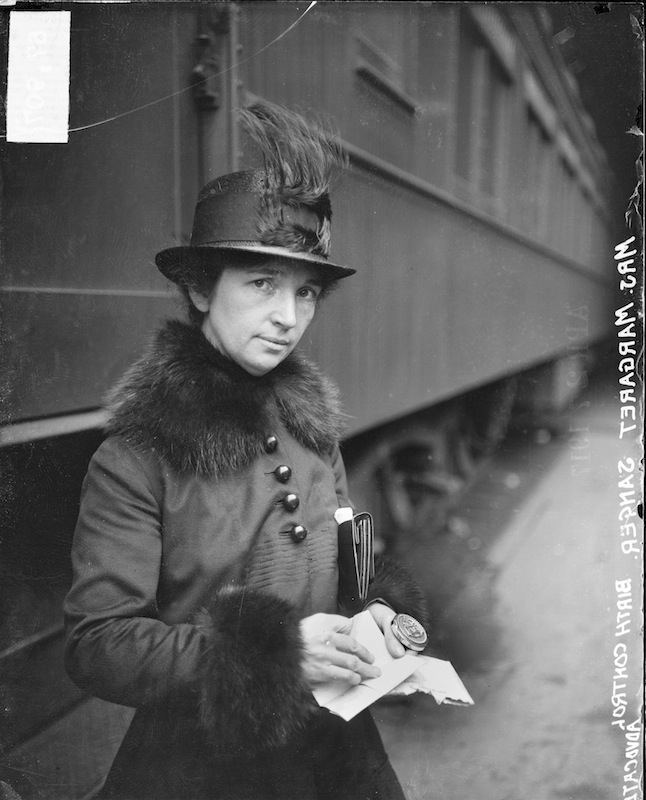
The recent crusade against Planned Parenthood, sparked by an infiltrator’s stealth video, would have seemed somewhat familiar to the organization’s founder, Margaret Sanger, who faced criminal accusations from a number of undercover operatives during her campaign to bring birth control to the public.
At a time when it was a federal crime merely to publish pamphlets on the topic, Sanger published many. A 1912 anatomical guide, “What Every Girl Should Know,” boldly stated that “every girl should first understand herself: she should know her anatomy, including sex anatomy.” A 1917 pamphlet, “Family Limitation,” was even more direct. In it, Sanger wrote:
It seems inartistic and sordid to insert a pessary or a suppository in anticipation of the sexual act. But it is far more sordid to find yourself several years later burdened down with half a dozen unwanted children, helpless, starved, shoddily clothed, dragging at your skirt, yourself a dragged out shadow of the woman you once were.
But she did more than write about the subject. On this day, Oct. 16, in 1916, Sanger opened the country’s first family planning clinic, in the Brownsville neighborhood of Brooklyn. There, for ten cents, any woman who wanted it could get information from a trained nurse that was nearly impossible to find anywhere else: a medically accurate explanation of how the reproductive system works, and instructions on using contraceptives.
It was certainly illegal, but the clinic was hardly a secret. Sanger wanted to provide access to as many women as she could reach. A flyer printed in English, Yiddish, and Italian proclaimed: “Mothers! Can you afford to have a large family? Do you want any more children? If not, why do you have them?” It listed the clinic’s address along with the exhortation, “Tell your friends and neighbors.”
Someone told the police—who sent an undercover (female) officer to investigate, and 10 days after it opened, the clinic was raided. Sanger and her staff were arrested.
Undeterred, Sanger reopened the clinic after her release from jail. She was arrested again and charged with “maintaining a public nuisance,” according to the Margaret Sanger Papers Project. Then she reopened it a third time, at which point the police forced her landlord to evict her. The clinic closed for good on November 16, its one-month anniversary.
At her trial, she was given the option of a suspended sentence in exchange for a promise never to repeat her offense. She refused the deal, and served a 30-day jail sentence instead.
It was the beginning of a long acquaintance with law enforcement, although as TIME reported, “she became cautious in her public activities” after this first encounter.
In 1929, Sanger’s Birth Control Clinical Research Bureau, a slightly more secret clinic in the basement of a Manhattan brownstone, was raided after another undercover policewoman reported that it “was giving out demoralizing information and advice,” per TIME.
But TIME noted that eight years had passed since she’d last been “given a ride” by the police—when, in 1921, New York’s Catholic archbishop had had her arrested for giving a public lecture on birth control.
Read more about Margaret Sanger’s efforts to legalize birth control, here in the TIME archives: Birth Control Hearing
More Must-Reads from TIME
- Cybersecurity Experts Are Sounding the Alarm on DOGE
- Meet the 2025 Women of the Year
- The Harsh Truth About Disability Inclusion
- Why Do More Young Adults Have Cancer?
- Colman Domingo Leads With Radical Love
- How to Get Better at Doing Things Alone
- Michelle Zauner Stares Down the Darkness
Contact us at letters@time.com